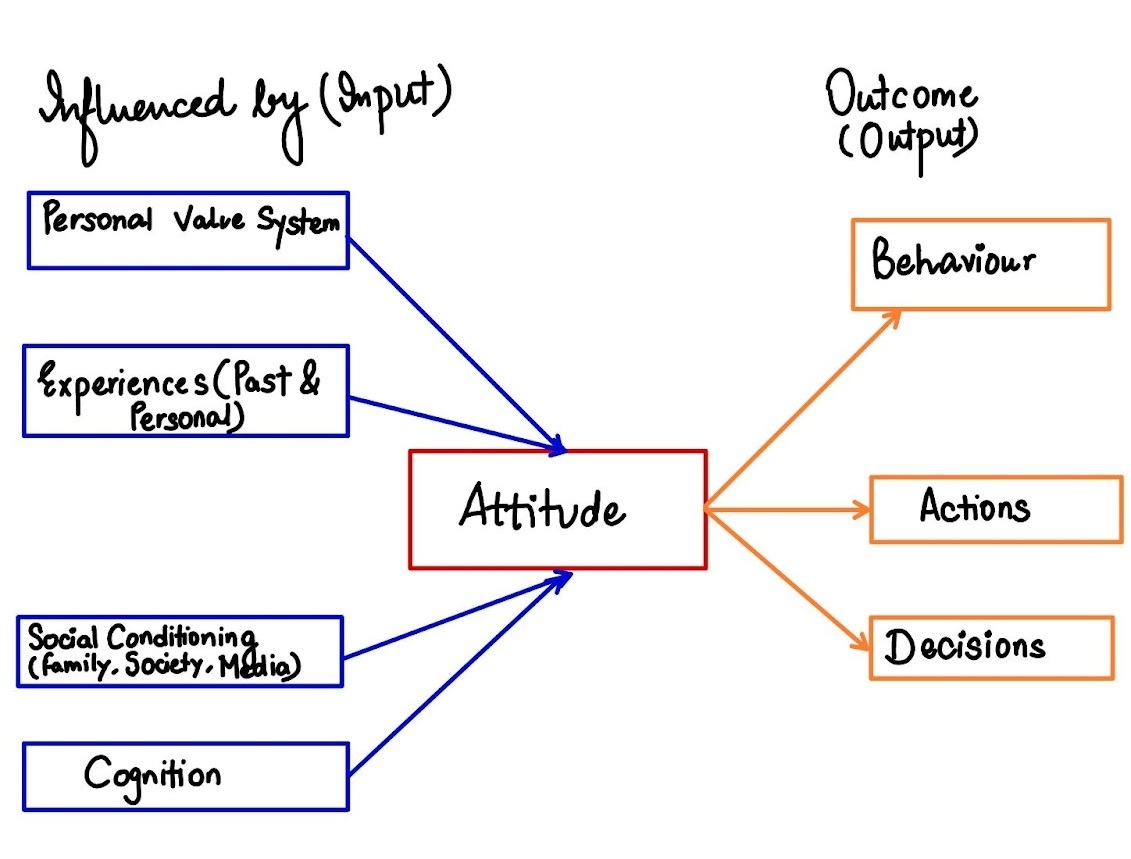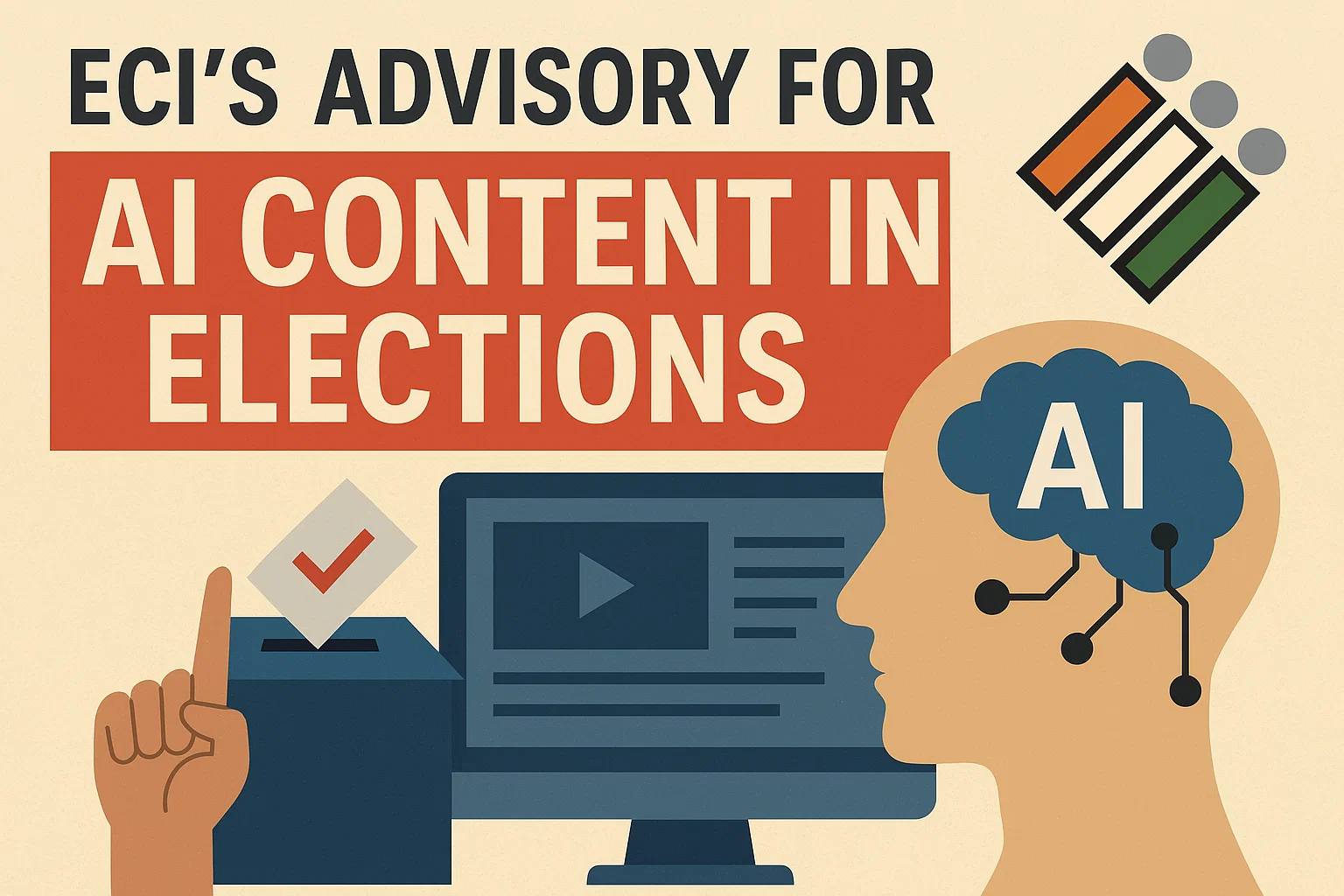Font size:
Print
Role of Educational Institutions in Inculcating Values
Context: In a shocking case that exposes a deep-rooted criminal syndicate, the Delhi Police have arrested 10 individuals, including a qualified doctor and two Ayurvedic medicine students, for their alleged involvement in a newborn trafficking ring.
What is the role of educational institutions in inculcating values?
- Integrating Ethics into Curriculum: Ethics should not be a mere theoretical subject but a core, integrated component of the curriculum. This involves:
- Case Studies: Analysing real-world ethical dilemmas in medicine, such as patient autonomy, consent, and professional misconduct.
- Humanities and Empathy Training: Incorporating literature, philosophy, and sociology to help students understand the human condition, vulnerability, and suffering.
- Creating a Value-Based Ecosystem: The institution’s environment must actively reinforce positive values.
- Role-Model Faculty: Teachers and administrators must exemplify the highest standards of integrity and empathy.
- Strict Anti-Ragging Policies: A zero-tolerance policy towards ragging is essential to foster a culture of respect and compassion among peers.
- Community Engagement: Mandatory community service, such as working in rural health camps or with underserved populations, can build empathy and a sense of social responsibility.
- Robust Counseling and Grievance Redressal: Institutions must provide accessible mental health support and confidential channels for students to report ethical concerns without fear of reprisal.

How do negative attitudes form leading educated professionals into such crimes?
The descent of educated professionals into criminality is rarely sudden; it is often a gradual process influenced by several factors:
- Personal Value System Misalignment: When personal values shift towards materialism or self-interest, professional ideals like compassion and service may be overridden by greed, leading to unethical behavior (e.g., prioritising profit from trafficking over medical ethics).
- Distorted Experiences: Repeated exposure to corrupt practices or viewing illegal acts going unpunished can normalise deviance, fostering moral disengagement and erosion of conscience.
- Social Conditioning and Groupthink: Pressure or normalisation from family, peers, or societal networks (e.g., colleagues condoning trafficking) can override individual moral compass, especially when systemic corruption prevails.
- Media Influence and Rationalisation: Sensationalisation or underreporting in media may trivialise crime severity, leading to denial of victimhood and justifying unethical actions within one’s cognition.
- Moral Failure in Decision-Making: Lack of ethical sensitivity and situational awareness can push professionals to prioritise profit over principle.
- Failure of Institutional Deterrence: Weak oversight and absence of exemplary punishment reduce fear of consequences, encouraging unethical actions through perceived immunity.
What steps can administration and society take to reform or dismantle such trafficking syndicates so that such crimes are not repeated?
Dismantling such networks requires a multi-pronged approach targeting prevention, enforcement, and rehabilitation.
A. Administrative Measures:
- Strengthening Regulatory and Legal Frameworks:
-
-
- Strict Audits of Medical Facilities: Regular and surprise audits of nursing homes and hospitals, especially those with high delivery rates, by health departments.
- Stringent Punishment: Fast-track courts to ensure swift and severe punishment under laws like the Immoral Traffic (Prevention) Act, POCSO Act, and Sections of the IPC. This acts as a strong deterrent.
-
- Systemic Reforms in Adoption:
-
- Promoting Legal Adoption: Creating widespread awareness about the Central Adoption Resource Authority (CARA) as the only legal route for adoption, simplifying its processes, and reducing waiting times.
- Monitoring Pregnancies: Improved registration and community health worker (ASHA) follow-up of pregnancies, especially in vulnerable communities, to prevent exploitation of mothers.
- Social Measures:
- Community Vigilance and Awareness:
-
-
- Sensitisation Programs: Educating the public, particularly in vulnerable areas, about such trafficking rackets and encouraging them to report suspicious activities.
- Helplines and Whistleblower Protection: Establishing confidential and accessible channels for reporting, with assured protection for informants.
-
- Rehabilitation and Support:
-
- Support for Victims: Providing robust psychological and social support to rescued children and biological parents who were coerced or tricked.
- Counselling for Childless Couples: Guiding desperate couples towards legal adoption and infertility treatments, making them aware of the risks and criminality involved in illegal methods.


